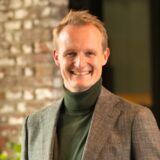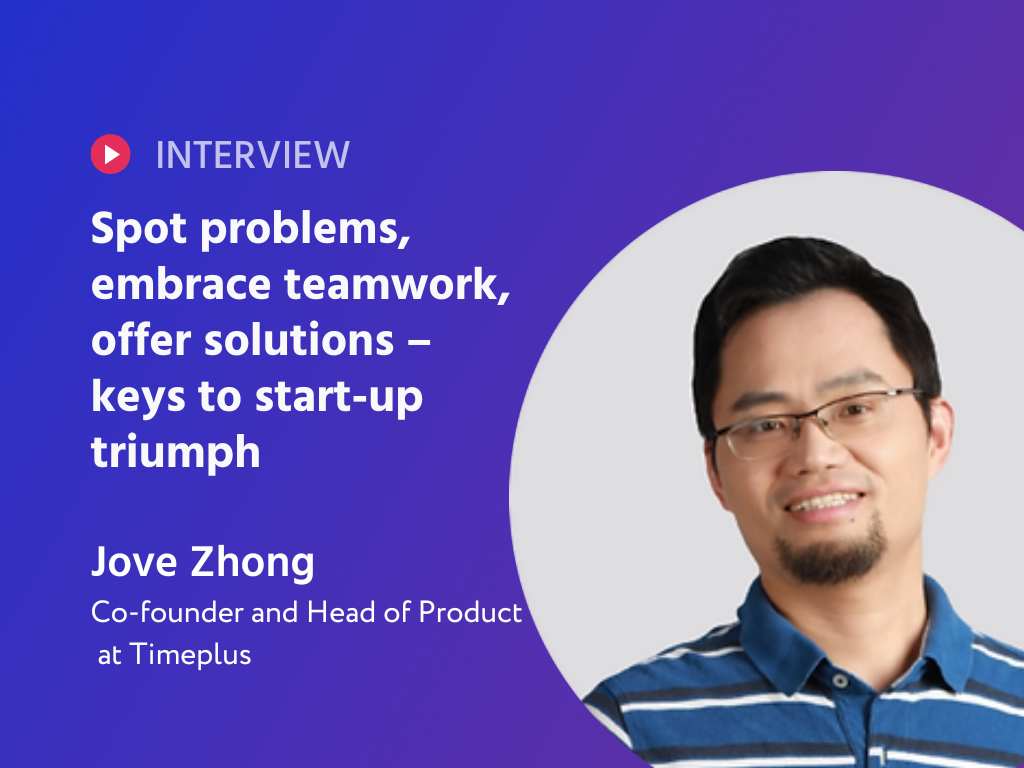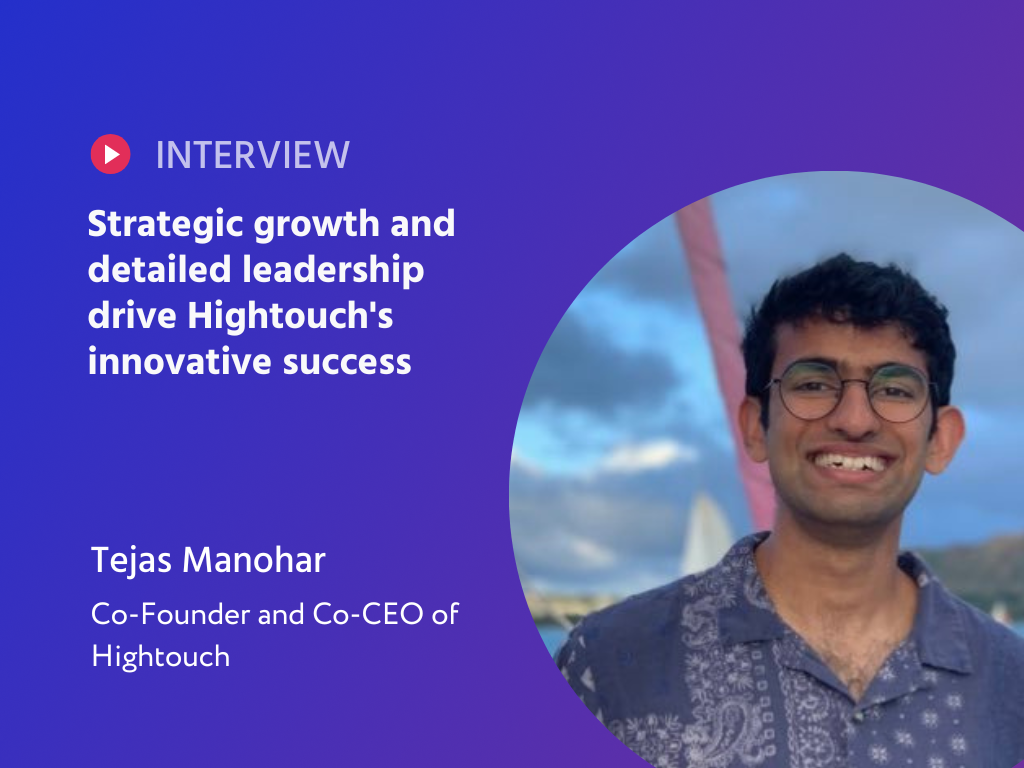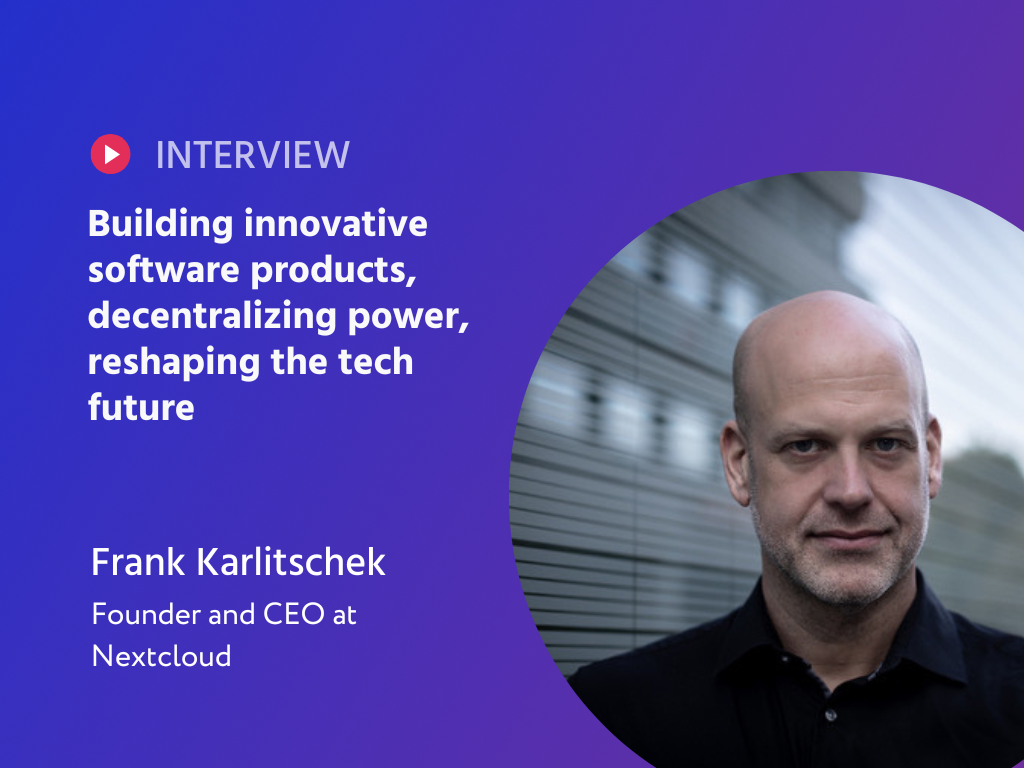One of the objectives Patrick Fransen, Partner at Pebble Wave, and his team set out to achieve is a more conscious world with true leaders who no longer get in their own way.
Pebble Wave is an incubator, investor, and private equity fund dedicated to establishing conscious and purpose-driven businesses at the forefront of addressing the world's most difficult challenges.
Patrick's relationship with Pebble Wave is more than just business; it stems from the fact that he spent twenty years pretending to be someone he wasn't and, as a result, felt unfulfilled despite great professional achievement. This is what Pebble Wave excels at working with - getting the most out of your potential by doing what you want to do, not what you should do.
Authenticity - the key to your success
"I graduated as an engineer in computer science. After that, I went straight into business consulting and ultimately founded my own consulting firm, which I ran with a few partners for a decade before selling to a large multinational."
Patrick was sapped of energy, not realizing he wasn't being authentic, and his life was becoming increasingly focused on doing more business.
There must be another way, to help the world, to become more conscious. To be more authentic
With his energy fading and his sense of purpose dwindling, he found it increasingly difficult to continue doing what he was doing, until Pebblewave opened up a new way for him.
Pebble wave: The origins
Patrick’s two partners Stephen and Eric first founded Pebble wave in 2014 by asking themselves the ripe old question - “Who am I?”
Patrick tells how they too wondered whether there was another way to do business, that is fulfilling, where it's safe for you to be 100% yourself, and also doing good for the planet.
We looked around the market to find the magical solution, but we couldn't find it…so we decided to try to make it ourselves
“Frederic Laloux's book, Reinventing Organizations, was extremely useful in describing a new way of organizing businesses that is not hierarchical in merit and correctly structured.
This approach, we believe, includes a systemic component of colleague distrust that seeks to radically remove the root cause of it and replace it with fundamental trust and psychological safety.”
Hardwired not to consider the consequences
According to Patrick, there are only two kinds of choices in this world. He describes how, as a species, we are hardwired to act first and think about the consequences later. As a result, the illusion of truly free and reasonable choices is exposed.
When you make a choice that is congruent with your values and goals, you are acting in accordance with who you truly are, Patrick tells; however, the question is how to recognize these moments when they occur.
"That moment when you realize, 'Hey, this gives me more energy than it costs,' or when parts of the puzzle fall into place almost magically, and you gain momentum - that's the mark of an authentic decision."
When parts of the puzzle fall into place, and you gain momentum - that's the mark of an authentic decision
If, on the other hand, you accept an inauthentic decision, Patrick tells how you will feel only tension, uneasiness, or fatigue. However, you need to make these choices as well as only as you can begin to analyze the roots of these decisions.
Bold choices are not a bad thing, as that is how progress and company growth is made
Original MVP and it’s transformation
Being a company that began by assisting business owners in dealing with the stresses of the corporate world, they rapidly understood that their work had far-reaching consequences for both the individuals and the organizations they assisted. The model was further refined from there.
"We conducted trials, sometimes rather radical ones, in twenty different organizations, all with the aim of introducing a sense of purpose as the organization's overarching vision and strategy."
Yet, Patrick describes the challenges you face and the questions you must ask.
1. Is it possible to grow one's consciousness within a company?
2. Is it realistic to start a business that benefits the larger good?
3. Can you make enough money from it to sustain the business? Not for profit, but to increase the impact?
"We've reached the point where we need to consider whether or not we can scale our model and establish an ecosystem of firms that compete to become purpose-driven powerhouses.”
Is it possible to shift the business world away from its current profit-driven, hierarchical structure and towards one in which people's values and ethics play a larger role?
A difference of consciousness between a startup CEO and a high-flying CEO
Patrick explains how their consciousness-based approach aligns with the goals of growing businesses. Nonetheless, we see on the largent that big enterprises also suffered significant losses. This is frequently owing to their failure to attract new workers, particularly young people, while also keeping current staff engaged.
“These are obvious results of a decline in leadership and purpose at work”, Patrick tells.
"According to a recent study published in the Harvard Business Review, workers in corporations spend 30% of their time managing other people's perceptions of their work."
In the current way of working, you need to spend 30% of your time managing the perception that what you do is right
“Engagement levels at large corporations are going down each year, regardless of all the cultural leadership transformation that is heavily invested - a result of the organization’s lack of purpose.”
As a matter of necessity, this shift in perspective and methodology is inevitable
Patrick tells how it's more feasible for smaller companies to make a principled choice to change direction and put it into action immediately. Whereas middle-sized businesses are less concerned because they're too preoccupied with growth and speed of success.
In 2022 I didn’t know:
That working in a conscious purpose company can also allow you to be 100% honest, and even directive, when you see a limiting belief, or when you see something not working out.
If I could turn back time:
“I would do everything differently….”
Knowing what he now knows, Patrick would change it all. But tells how at that time he didn't have the awareness to make another choice.
I should have stopped after one month when I already felt it was not going to work out
Work-life balance: The power of purpose
Crucial, and it's so fundamental in the Pebblewave belief as it manifests in our lives. Patrick tells how even the word “work-life balance” is a limiting belief.
There is no work without life, and life without work. There is only one purpose
Patrick asks, "Are you spending your time and effort on tasks that provide more benefits than costs? If you give yourself permission to prioritize those things, you'll never confuse work and life, which are really just two sides of the same coin."
Replace your to-do list with a list of things you want to do
When faced with a new challenge, Patrick always asks himself two questions...
“If my goals and the company's goals are aligned, will this move me closer to my goals? Does it give me more energy than it costs?”
Ask yourself, "does it give me more energy than it costs," and then you'll have your response to the question "should I do it"
According to Patrick, by prioritizing everything in your life based on these questions, you will have a fulfilled life and move faster than you ever imagined.
Get rid of the concept ‘work-life balance’




